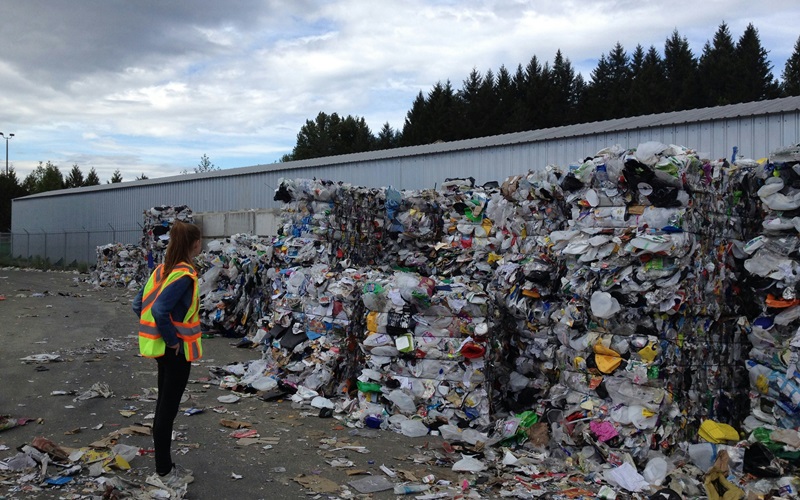Increasingly frequent climate-related calamities and rising greenhouse gas emissions, frequently connected to human activities, necessitate a critical adjustment. Organisations are required to make environmentally responsible decisions, emphasising the importance of Chief Sustainability Officers (CSOs).
Chief Sustainability Officers guide corporations toward environmental, social, and financial responsibility. They develop plans to reduce environmental impact, promote sustainability, and involve all departments. They also collaborate internally to increase efficiency, reduce waste, and promote ethical behaviour. This position combines environmental awareness with social responsibility to align the firm with global sustainability goals.
Compliance, efficiency, and innovation are the three stages of sustainability activities. It requires deeply incorporating sustainability into a company’s core, influencing markets and societal concerns. Chief sustainability officers (CSOs) drive this transition by shifting strategy outward, imagining new markets, and encouraging sustainable habits outside the organisation.
A Chief Sustainability Officer’s responsibilities include the following:
Regulatory Compliance: Ensure that the company follows all applicable environmental laws and regulations.
Project management: It entails planning and supervising actions aimed at making the organisation more environmentally friendly.
Monitoring and communication: Track environmental performance and share findings with stakeholders.
Policy Development: To maintain the company’s long-term viability, establish clear norms and policies for its activities.
Engage and cooperate with stakeholders to collect input and encourage sustainable practices.
Educational Initiatives: CSO is director of sustainability. He educates and trains personnel on the importance of sustainable practices.
Implementation of New Technologies and Methods: Identify and apply innovative technologies and methods for environmentally friendly operations.
Risk management: entails identifying and managing environmental and social risks to reduce potential dangers.
Chief Sustainability Officer (CSO) Role:
Strategic Leadership: The CSO oversees the organization’s overall sustainability strategy and vision.
They guarantee that sustainability practices are in line with the company’s values, objectives, and long-term ambitions.
Advocacy and communication: Serve as an internal and external spokesperson for sustainability, pushing for ecologically and socially acceptable activities.
Stakeholder Engagement: Engage and collaborate with diverse stakeholders to advance sustainability objectives, including as employees, investors, customers, and regulatory agencies.
Sustainability director: Drive innovation by developing modern technologies and processes and adjusting strategies to shifting sustainability trends and requirements.
Required Skills of Chief Sustainability Officer (CSO)
Leadership skills: The ability to inspire and lead multidisciplinary teams toward sustainable practices.
Encourage collaboration and accountability at all organizational levels.
Technical Environmental Knowledge: A thorough awareness of sustainability issues, legislation, and technological advances.
Keep up with the current developments to properly guide the firm.
Metrics Creation and Analysis: Determine key performance indicators (KPIs) for sustainability goals.
Monitor progress and provide management and stakeholders with clear reports.
Excellent communication skills are required to clearly express complex information.
Adapt your communication style to the issues and demands of various audiences.
Strategic Thinking and Decision-Making: Anticipate long-term trends and modify firm strategies accordingly.
Make data-driven, informed decisions, weighing risks and benefits for continual development.
Lead sustainability projects and coordinate efforts across divisions using project management and organisational skills.
Chief Sustainability Officers represent a revolutionary force in today’s corporate world, driving organisations toward sustainable and ethical practices. Their multidimensional position combines strategic leadership, innovation, and stakeholder engagement to guide businesses toward a responsible and sustainable future. In the face of global issues, CSOs act as change agents, cultivating a culture of responsibility and creativity that moulds a greener world for future generations.
See also:



